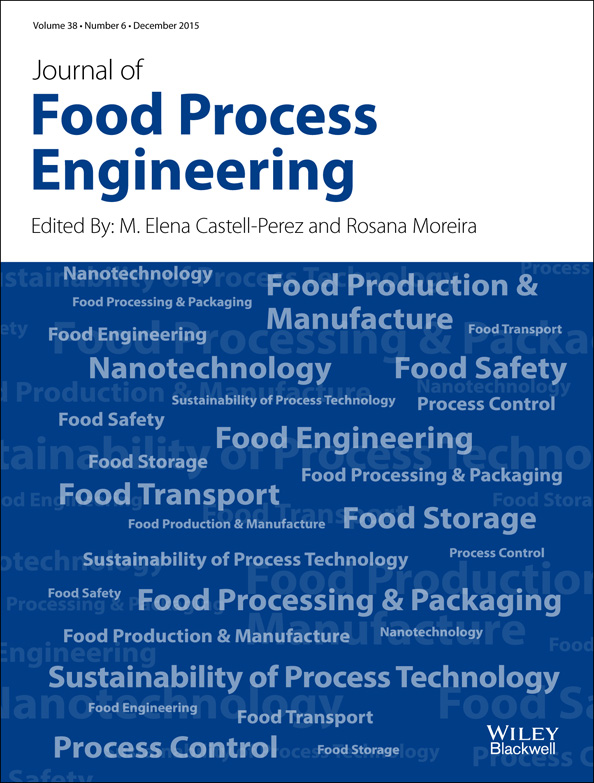Development and Application of a Model to Minimize Variability in a Vegetable Pulp Productive Process
Abstract
A model intended to minimize the variability in the productive process is described. Structured in the four phases of the Deming cycle, the model incorporated the online quality engineering to the current practices of the concentrated vegetable pulp industrial process. Based on the analysis of the factors inherent to the process, the variability in the raw material of the various providers was identified as the main cause of the instability in the physicochemical quality characteristics of the final product. To cope with this problem, the puree design was adapted by reformulating pulp mixtures so as to guarantee its insensibility to the variability initially introduced. The robustness of the process was achieved with the stability of the product's characteristics: consistency and acidity. This result had repercussions on the process efficiency as proven by the decrease in the value of the loss function, sign of the validity of the model to improve a productive process by minimizing variability.
Practical Applications
In the manufacturing process of concentrated vegetable pulps, nonconformities in product requirements are frequent, as reflected in customer's dissatisfaction and high production costs. This paper describes a model that creates and implements several improvements to minimize production operations variability in this industrial process. The results presented here show that the quality characteristics of finished products were stabilized and process efficiency has been increased. The proposed model can be applied in several similar situations, with the same tools and also the same structure of management actions.




